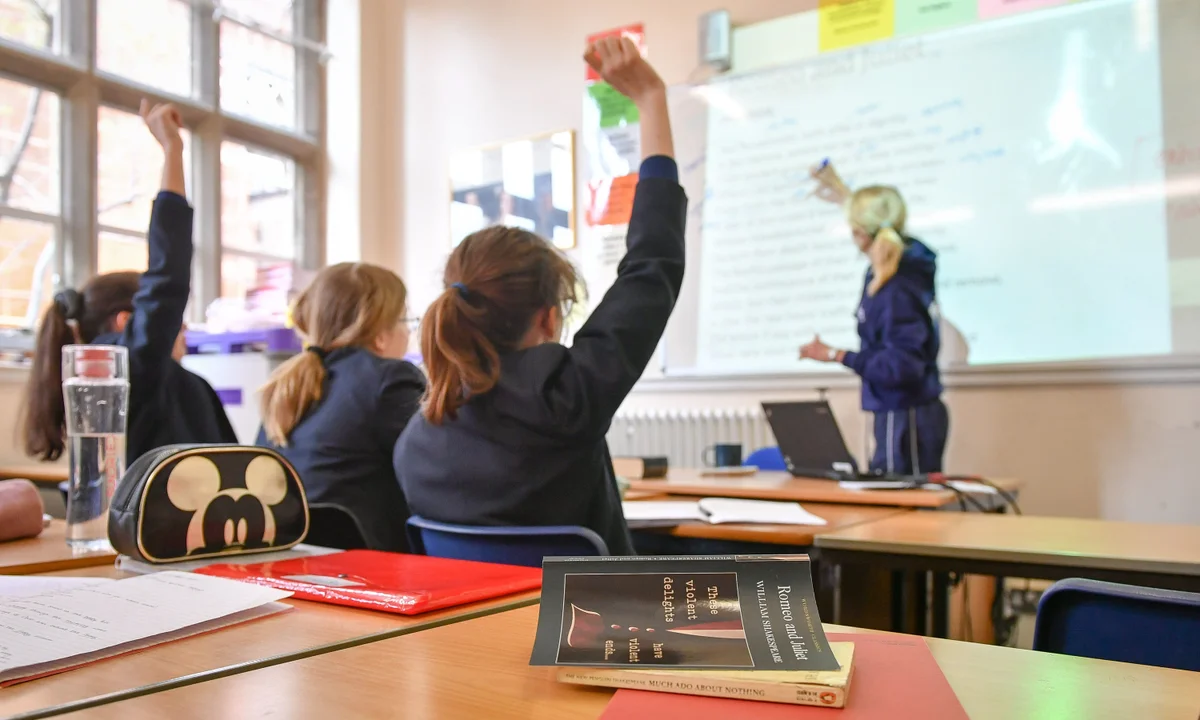The United Kingdom’s education system is about to undergo a significant change. In response to recent riots across the country, schools will start teaching students how to recognize fake news and extremist content. This move aims to equip young people with the skills they need to navigate the often confusing world of online information.
According to a report by The Telegraph, schools will revamp their curriculum to include lessons on critical thinking. These lessons will be embedded in subjects like English and math. The idea is to help children identify and dismiss extremist content that they might encounter online.
Bridget Phillipson, the U.K.’s Secretary of State for Education, highlighted the importance of this initiative. She emphasized that in today’s world, it’s crucial for young people to have the knowledge and skills to challenge what they see online. Phillipson explained that the curriculum review would focus on embedding critical skills in lessons, ensuring students are better prepared to deal with the disinformation, fake news, and conspiracy theories that are rampant on social media.
Despite the changes, Phillipson assured that the country would continue to maintain high standards in core subjects. These core subjects, she said, remain non-negotiable. However, the new curriculum will also widen access to cultural subjects, giving students the knowledge and skills they need to succeed both in their future careers and throughout their lives.
This push to update the U.K.’s schooling comes in the wake of riots that erupted across the country. The unrest followed a tragic incident at a Taylor Swift-themed event, where three girls were fatally stabbed, and several others were injured. The alleged attacker, an 18-year-old British citizen born to Rwandan immigrants, sparked widespread protests fueled by concerns over immigration.
In response to the riots, the U.K. government has issued warnings about cracking down on online content that could be deemed extremist or incite violence. The Crown Prosecution Service, in a post on X (formerly Twitter), reminded the public that content inciting violence or hatred is not just harmful but could also be illegal.
Phillipson believes that the new curriculum will help students identify and dismiss such content, ensuring that both far-left and far-right views are examined and understood critically. An example of this new approach could be seen in English classes, where students might learn to analyze news articles and compare them with examples of “fake news.” This exercise would help them understand the differences in language and presentation used by legitimate journalism versus biased or propaganda sources.
In computer classes, students could learn to spot unreliable sources of information and distinguish between legitimate journalism and biased content. They might also learn how to recognize whether a photograph is authentic or has been altered.
Meanwhile, math classes could play a role in helping students analyze and understand statistics, putting them into context so that they can better assess the validity of the information they encounter.
Also Read:
- Illinois Students to Take ACT Exams Instead of SATs: A New Direction in Education
- Governor Walz Faces Criticism Over New Law Providing Menstrual Products in Schools
This curriculum review will be led by Professor Becky Francis, a renowned education expert in the U.K. The goal is for Francis to report back next year, with the plan set to be implemented by September 2025.






